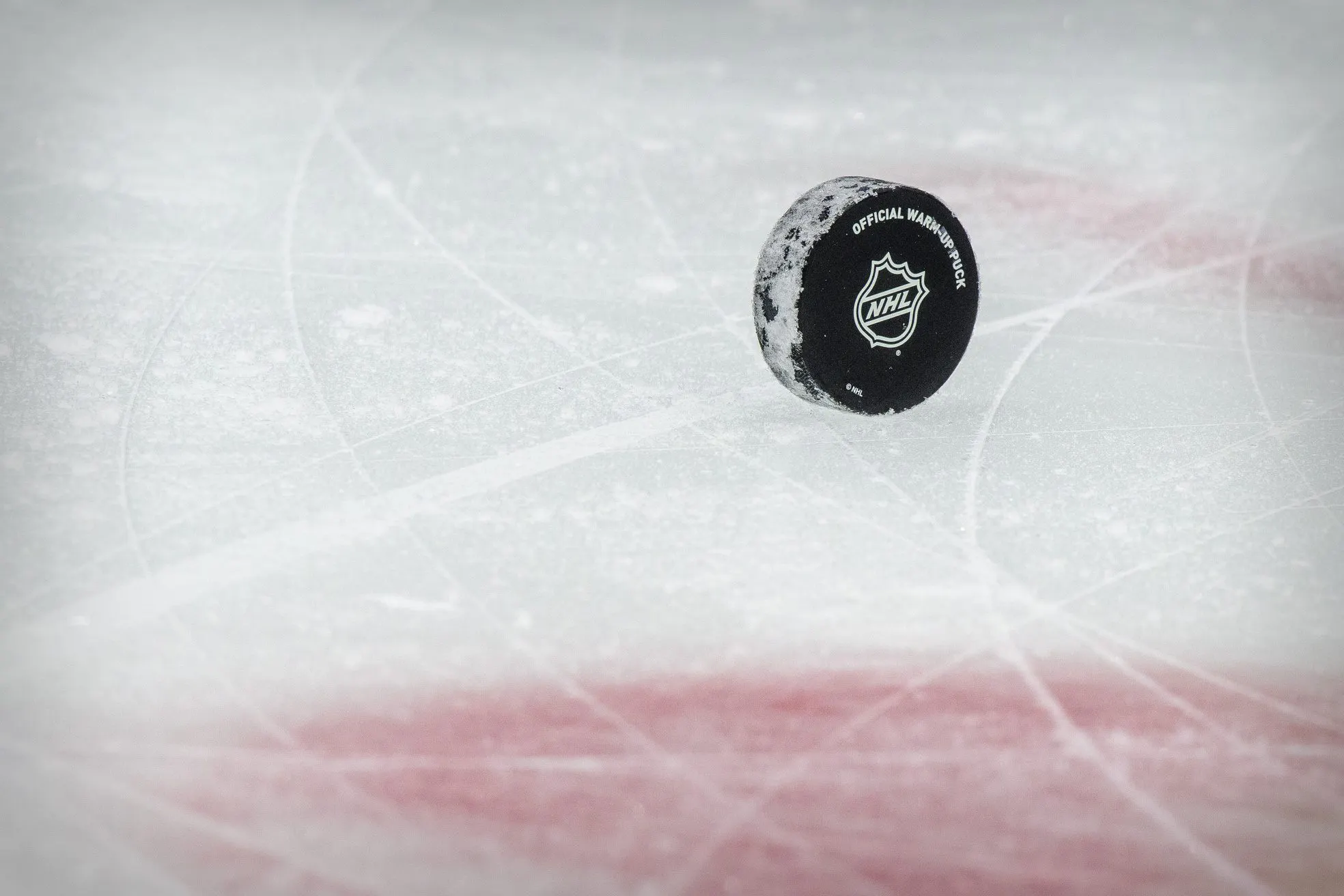Report: Playoff salary cap arriving for 2025-26 as part of NHL’s CBA implementation schedule

It looks like teams are going to have to be smart with their money come next spring.
According to Frank Seravalli, the National Hockey League and NHL Players’ Association have agreed to a rolling implementation schedule for changes to the new collective bargaining agreement.
The significant change is that the new salary cap system for the Stanley Cup Playoffs will be introduced this season.
The new rule came into effect when the NHL and NHLPA ratified a four-year CBA, which was originally going to be instituted at the beginning of the 2026-27 season. However, the two parties believed there was a clear path to instituting some of the changes now.
The postseason salary cap was agreed upon to basically eliminate cap circumvention. Teams can no longer hold players on long-term injured reserve until the playoffs, only to activate them onto the roster for Game 1 after the team might have added more players at the trade deadline, which would put the aforementioned team over the cap.
This has happened a couple of times in recent years, with players like Tampa Bay Lightning forward Nikita Kucherov, Vegas Golden Knights captain Mark Stone, and Edmonton Oilers forward Evander Kane being left on LTIR for many months leading up to the playoffs, only to return in the first round.
The other change to the CBA that is being instituted immediately is that players are no longer required to adhere to any dress code. It will allow athletes to pretty much wear what they want to the rink, including endorsing wine and spirits as part of their “drip.”
Seravalli also reported that players have until Sept. 15, 2026, to sign deals that oblige the current CBA. Meaning, any contract signed on Sept. 16 or later will be subject to CBA regulations, with re-signing players being limited to just seven-year contracts, with free agents only being able to agree to a maximum of six years when joining a new team.